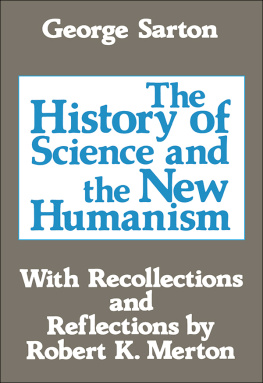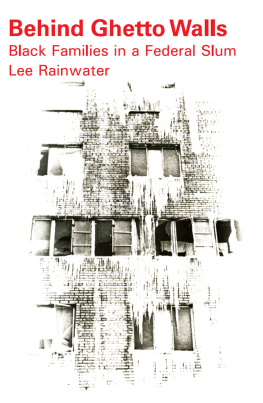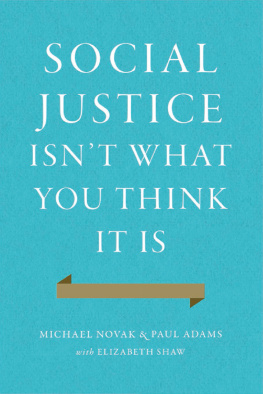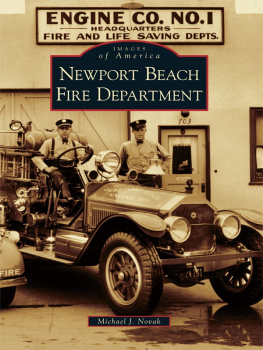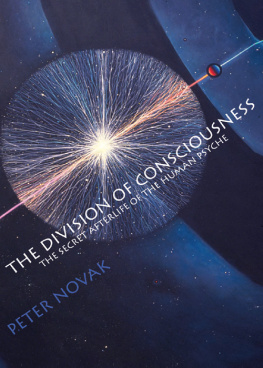First published 1988 by Transaction Publishers
Published 2017 by Routledge
2 Park Square, Milton Park, Abingdon, Oxon OX14 4RN
711 Third Avenue, New York, NY 10017, USA
Routledge is an imprint of the Taylor & Francis Group, an informa business
New material this edition copyright 1988 by Taylor & Francis
All rights reserved. No part of this book may be reprinted or reproduced or utilised in any form or by any electronic, mechanical, or other means, now known or hereafter invented, including photocopying and recording, or in any information storage or retrieval system, without permission in writing from the publishers.
Notice:
Product or corporate names may be trademarks or registered trademarks, and are used only for identification and explanation without intent to infringe.
Library of Congress Catalog No: 87-10903
Library of Congress cataloging-in-Publication Data
Sarton, George, 1884-1956.
The History of science and the new humanism.
Reprint. Originally published: Cambridge, Mass.: Harvard University Press, 1962.
Includes bibliographical references and index.
1. ScienceHistory. 2. Civilization-History. 3. Humanism--20th century. I. Title.
Q125.S25 1987 50987-10903
ISBN 0-88738-703-9
ISBN 13: 978-0-88738-703-6 (pbk)
George Sarton: Episodic Recollections by an Unruly Apprentice
By Robert K. Merlon
Half a century has raced and stumbled by since I first found myself, as a third-year graduate student in sociology at Harvard, daring to knock on the door of George Sartons famed workshop-cum-study, Widener 185-189. The reason for taking this daunting step was clear: having elected to try my hand at a dissertation centered on sociologically interesting aspects of the efflorescence of science in seventeenth-century England-a kind of subject not exactly central to sociology back then-it did not seem unreasonable to seek guidance from the acknowledged world dean among historians of science.
Although Emerson Hall, which housed the Department of Sociology, was only a hundred paces from Widener, this was not a short journey. Traffic to the Sarton workshop by denizens, mature or immature, of the newfangled Department of Sociology faced formidable barriers. For one thing, the few graduate students who then had any knowledge of Sartons scholarly existence took him to be a remote, austere, and awesome presence, so thoroughly dedicated to his scholarship as to be quite unapproachable by the likes of us. Thus do plausible but ill-founded beliefs develop into social realities through the mechanism of the self-fulfilling prophecy. Since this forbidding scholar was bound to be unapproachable, there was plainly small point in trying to approach him. And his subsequently having little to do with graduate students only went to show how inaccessible he actually was.
Buttressing this imputed barrier of personal inaccessibility were the authentic university barriers of departmental organization. The understaffed Department of Sociology, established just three years before, had enlarged its graduate program by reaching out to list research-and-reading courses in a great variety of departments: psychology and economics; government, religion, and philosophy; anthropology and social ethics amongst them. But nary a graduate course in the history of science. This for the best of reasons-Harvard had no autonomous department devoted to that undisciplined subject, nor, for that matter, had any other university. Still, in the preceding academic year, 1932-1933,1 had managed to audit the sole lecture course in the field, entitled History of Science 1. History of the Physical and Biological Sciences. (As you may have begun to suspect, the title HS 1 was an unredeemed promissory note; there was no HS 2 back then.)
The first semester of the course was given by the biochemist and polymath of great note, L.J. Henderson, later described by James Conant as the first roving professor in Harvard. And rove he did. Not only had he instituted the course in the history of science two decades before, but, in that same year of 1932, he had also instituted his unique graduate Seminary in Sociology entitled Pareto and Methods of Scientific Investigation. The plural methods rather than the more familiar and misleading singular, the scientific methods, also reflected a theme in the first semester of the history of science course as the pink-whiskered Henderson engaged in his typically forceful, magisterial exegesis of texts by Hippocrates, Galileo, and Harvey-thus allowing him to expound his conception of the varieties of scientific inquiry. But as Conant confirms, Henderson, like Sarton, would have hooted at the then not uncommon notion that a grounding in the history of science served to sharpen ones capabilities as a scientific investigator.
The second semester of this lone course in the history of science was given by the lecturer, Dr. Sarton-decidedly not yet Professor Sarton; that title was only to come seven years later, when Sarton was fifty-six, and Conant, as Harvards president, finally intervened to bring it about. Sarton differed greatly from Henderson in both the style and substance of his teaching. Warmly enthusiastic rather than coldly analytical-in a fashion that plainly irritated Henderson from time to time Looking back, one is inclined to say that if Henderson still dressed in Edwardian style, Sarton still thought in Edwardian style. Both were thoroughly engaging in their fashion; neither is now readily reproducible.
As a mere graduate student, I knew nothing, of course, about the grim vicissitudes Sarton was experiencing in the determined effort to supplement his own scholarship with institutional arrangements designed to advance the cause of the historiography of science. But here is Conants retrospection on Sartons incessant efforts at this time (when Conant was president of the university and a self-declared amateur in the history of science):
This is not the time or place to summarize the history of Professor Sartons long years at Harvard, his prodigious scholarship, his editorship of sis and Osiris, and his vain attempt during the depression years to persuade Harvard or any other university to endow what he considered a minimal department of the history of science. That we are meeting here tonight with a teaching staff in the history of science at Harvard in active service, that a nourishing undergraduate and graduate field of study in history and science has long been characteristic of this University are some of the fruits of George Sartons long uphill struggle to make the history of science an important part of the American scene.
But this public statement does not fully reflect Conants complex image of Sarton back in the 1930s, which evidently was, and long remained, ambivalent. That ambivalence was expressed in a letter written almost forty years later regarding the first biographical piece. Arnold Thackray and I published about Sarton: You are quite right in giving Henderson a key place in your story. I talked to him more than once about Sarton and he reported on his difficulties with this stubborn genius. Henderson often served as an intermediary. He understood how exorbitant were Sartons demands. Your footnotes 29 and 30 are quite correct. My viewpoint was greatly influenced by Henderson.
But enough about those hard times for George Sarton. In an obviously Tristram Shandy mode, where it takes more time to record life than to live it, I have left my youthful self in the fall of 1933 knocking on the door of that austere scholars study in Widener, quite determined yet rather fearful of this first face-to-face audience with his august presence. (I say august presence, for so it seemed to me at the time, although he was then still in his forties, just as I say first audience since I had not before had a private session with him, having attended his course only when I could escape from duties as a teaching-and-research assistant to the sociologist Pitirim Sorokin.) On that initial well-remembered occasion, the reputedly unapproachable scholar did not merely invite me into his tiny book lined study; he positively

